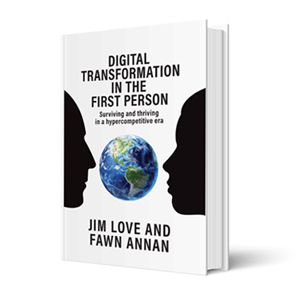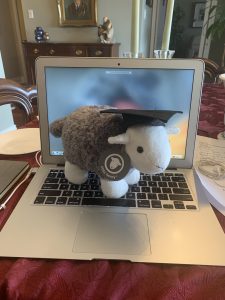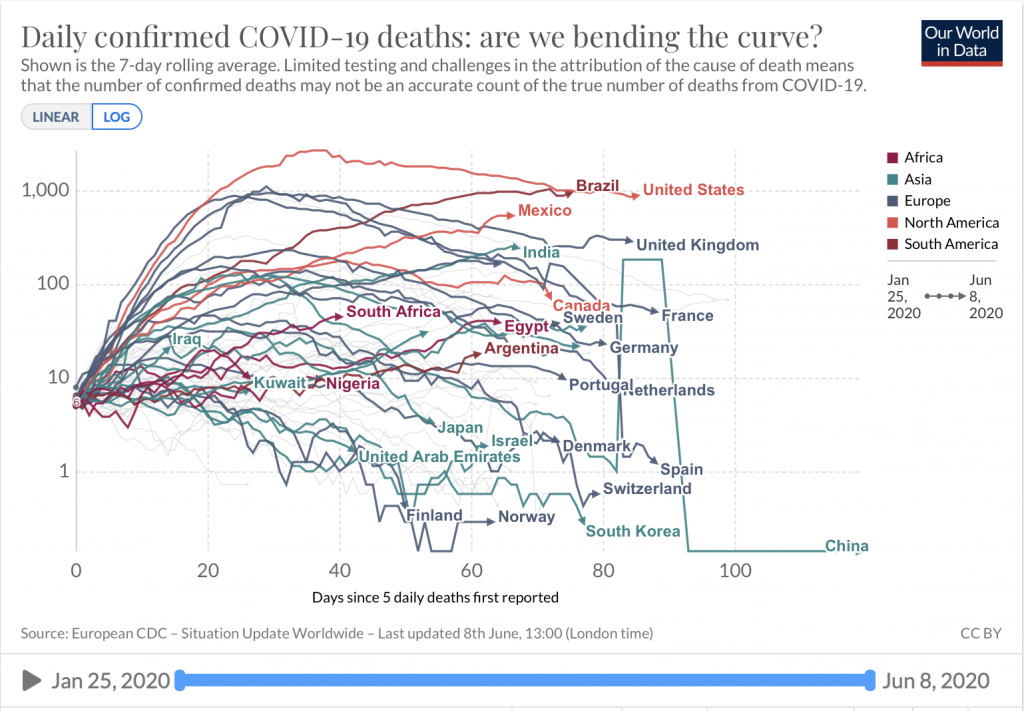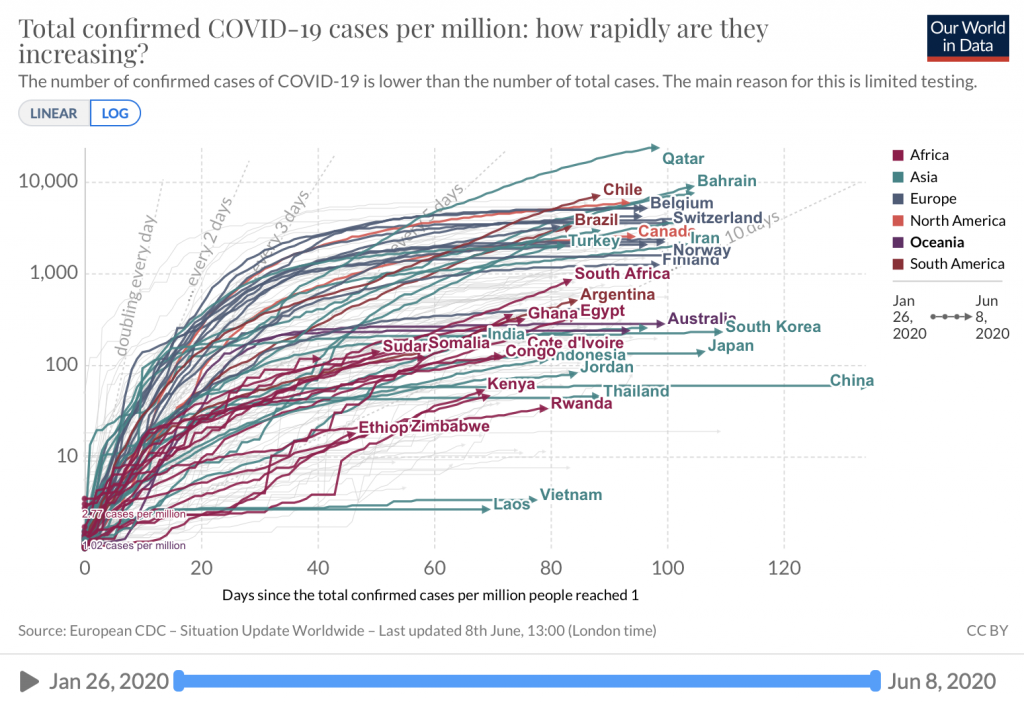Marketing, like everything else in the world is constantly changing and evolving overtime.
From cave painting to word of mouth. From messages on scrolls to pictograms. From picture advertisements in magazines and newspapers to video ads in between your favourite TV programmes.
And the evolution continues!
I mean, how many of us subscribe to a physical newspaper anymore? Netflix, Amazon Prime Video, and Disney+, just to name a few, have pretty much killed broadcast television and cable tv.
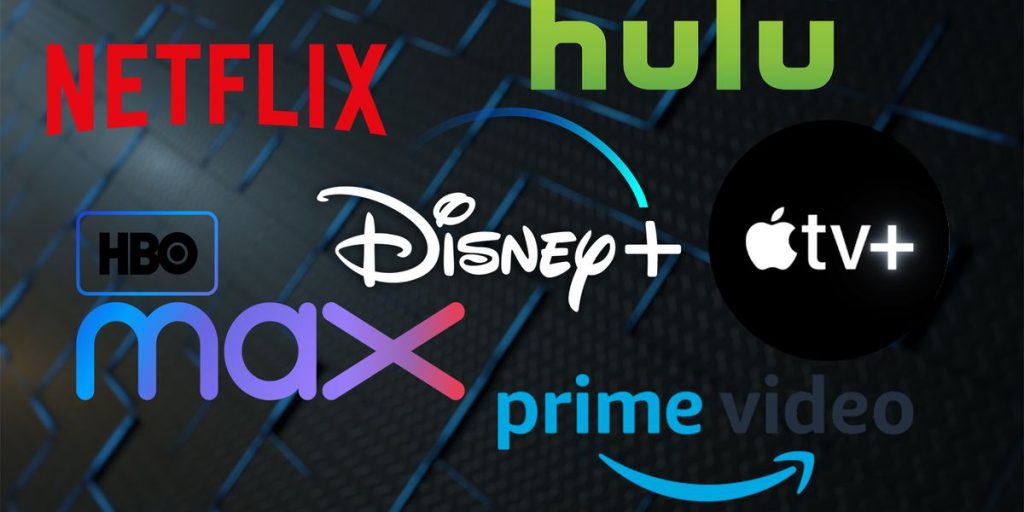
We live in the world of binge watching, instant news (and in some cases fake news), and WhatsApp forwards! If you blink, you will be left behind!
So, how are we to effectively market our products and services, or advertise to the masses in this fast paced, limited-attention times?
Digital Marketing is the answer, and here are six reasons why I think you should choose a career in Digital Marketing!

- High demand
While there are similarities between Digital Marketing and traditional marketing, the difference between them is substantial and cannot be overlooked. To do the job right, a specialist is required, and most companies accept this to be true. Digital Marketing is still a relatively new industry/vertical, and the number of specialists available is still very limited. It follows that a qualified and competent Digital Marketing professional is highly sought after. - Richness of choice within Digital Marketing
Most people these days have limited choice in the career path they wish to take. When a company recruits for a job vacancy, for most roles, they will have an abundance of applicants, however, Digital Marketing being a new field, the opportunities available will be among the best in the market. Also, there will be a lot of opportunities within the various verticals of Digital Marketing. Here’s a few of them:- Web properties – websites, blogs
- SEO – Search Engine Optimization
- Paid marketing (PPC marketing) – Google search ads, Display ads, Affiliate marketing, social media paid ads
- Social media (Instagram, YouTube, Facebook channels, etc.)
- Email marketing
- Mobile marketing
- Show me the money
It all comes down to the salaries and pay packages, and that’s the bottom line! People venturing into Digital Marketing will be the ground breakers, the trailblazers, the pioneers of the industry, and will have the potential to earn huge. For example, just before the lockdown started, a quick search for Digital Marketing job opportunities in the United States, listed jobs for freshers starting from USD 55’000. I think that is a pretty good place to start your career from. - Minimum entry requirements
Digital Marketing is still a very new field, and people working in the field have very little experience in it and are still learning how to effectively develop and execute a digital marketing strategy. As everyone in digital marketing is still relatively new and mostly learning by experience, the entry requirements are comparatively lower than most other job profiles. So, now is the time to get into Digital Marketing and build a career. - Diversity in the workplace
When the word “diversity” is used, most people think ethnic diversity. And that is true here as well, but it is also means so much more in Digital Marketing. In the morning, you could be working with extroverts who may be creators, creating ad campaigns and YouTube videos, who push their creative ideas across. And in the afternoon, you could be working with introverts who may be from Data Analytics or SEO or Website Development. This is just an example. The point is, working in Digital Marketing, there is a place for every kind of personality and the opportunity to work with every kind of personality! - Creativity
If you are passionate about the work you do (no matter how boring it may sound to someone else) then the potential for creativity exists. But the thing about Digital Marketing is, no other field of work encourages creativity and “out of the box thinking” quite as much as Digital Marketing does.
Now these are just some of the more obvious reasons to take up a career in Digital Marketing, and I am sure there are a number of other very obvious and/or more important reasons to make Digital Marketing your career. Perhaps you are building upon your previous Marketing career? Let us know in the comments below if you are already “in” and have some insights to share, I am sure it will help people make an informed decision.
If you are ready for a career in Digital Marketing, then start with our 100% Online MBA programme in Digital Marketing or our 100% Online MSc programme in Digital Business.
You can also chat LIVE on WhatsApp with one of our Education Advisers for more information on the programmes offered, application process, and for more information on any discounts we might be running in this rather strange period of our lives.



